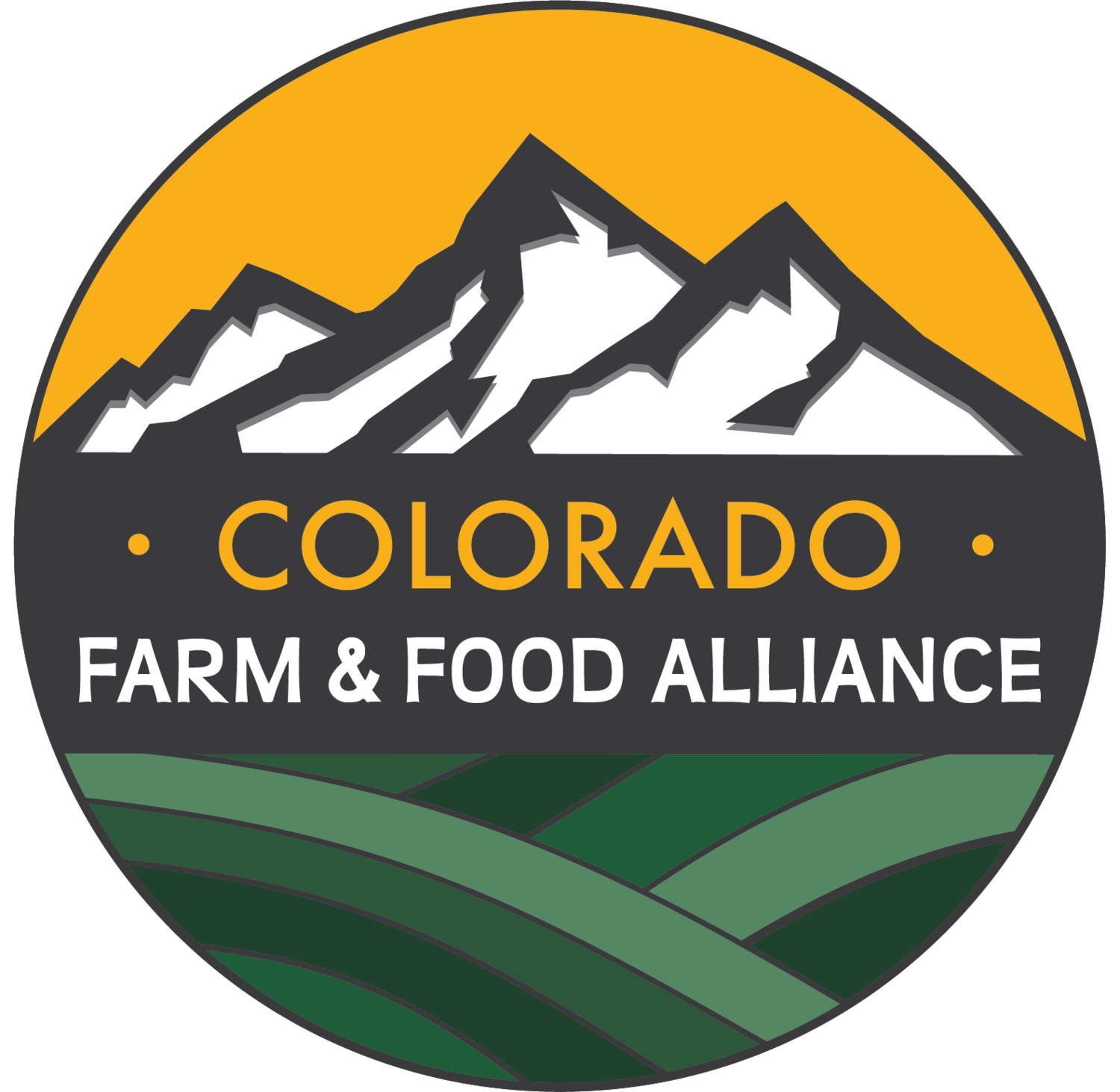U.S. Department of Interior Kicks the Can on Needed Oil and Gas Reforms
COLORADO FARM & FOOD ALLIANCE STATEMENT ON END OF INTERIOR DEPT OIL AND GAS PAUSE
PAONIA, CO. (Aug. 16,2021) - As the Interior Department appeals a challenge to the oil and gas leasing pause and review it instituted earlier this year the Department restarted its oil and gas program on our cherished public lands without providing any clear guidance to its state and field offices how leasing in prime wildlife and recreation lands, critical water supply areas, and around priceless archaeological sites should proceed. This is despite acknowledging in its announcement that it has broad discretionary authorities to restrict how and where such activity can occur on the public's lands and that the program is badly flawed.
"We appreciate that Interior is defending itself in a lawsuit brought by the oil and gas industry, but the climate emergency is not waiting for the appeal to play out and the Colorado River crisis is not solved by kicking the can down the road,” said Pete Kolbenschlag, director of the Colorado Farm & Food Alliance. “Just last week the IPCC issued a ‘Code RED for humanity,’ and today the U.S. Bureau of Reclamation, an agency at Interior, declared the first-ever water shortage at Lake Mead, the nation’s largest reservoir. The climate emergency is slamming into the U.S. right now, and an ‘all of government’ approach should mean just that. We need to see action, not just read a statement.”
The Gunnison Basin is among the regions in the United States warming most quickly and like most of the U.S. Southwest remains in severe drought. Air quality has been abysmal across the region as climate-change fueled megafires rage to the west. Heat waves and changing precipitation patterns threaten agriculture across a vast section of the nation. Meanwhile U.S. Geological Survey, also an Interior agency, data show that fossil fuel development, including oil and gas leasing and fracking, contributes up to 25% of the nation’s carbon pollution, which is driving this climate crisis.
“If now is not the time to put the brakes on fossil fuel development on public lands, and to take this opportunity to reform how that activity proceeds then it is difficult to grasp what kind of crisis would drive that action. July was the hottest ever recorded and none of the science suggests that Colorado will be getting cooler. The Interior Department should rethink its position and issue a clear directive on how the Biden administration intends to fix this badly broken system,” Kolbenschlag concluded.
The Colorado Farm & Food Alliance has long been an advocate for conservation priorities on the public lands and in the water supply areas that rural communities and agricultural operators rely on. As the climate crisis has grown more dire and had a direct impact on numerous agricultural operators in western Colorado, the alliance has actively engaged on the issue of climate change. That’s because no other threat poses the level of risk to farming and ranching in the region as does climate change.
Our food and water systems are among those most vulnerable to the climate crisis. The science is clear and unequivocal. We need to stop producing fossil fuels as quickly as possible. An “all of government” approach to solving the climate emergency, which is what the Biden administration has pledged, must include reforming the public lands oil and gas leasing program.
# # #
